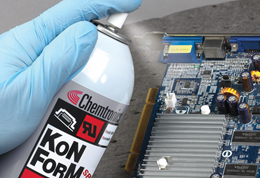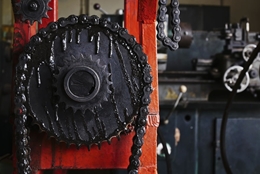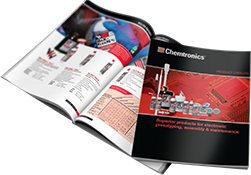항공
에이비오닉스 수리
켐트로닉스 제품은 항공 전자기기 수리를 더 빠르고 쉽고 보다 정확하게 할 수 있으며 가장 어려운 항공 환경에서도 장비 신뢰성을 높입니다. Soder-Wick 및 CircuitWorks 보드 수리 제품은 독특한 전달 시스템으로 포장되는 고급 자재입니다. 정확한 성능과 정확도를 보장합니다. 켐트로닉스 제품은 항공 전자기기 수리에 대한 기술자의 모든’s 요구사항 (회로 기판과 구성품 세척, 보호 및 전도성 복구)에 부합합니다.
항공 MRO
켐트로닉스 항공 유지보수 세척제는 탈지, 접점 세척 및 항공기 표면 세척의 성능, 효율성 및 안전성을 높입니다.
안전이 최우선입니다 – 켐트로닉스 탈지제와 접점 세척제는 nPB, TCE











